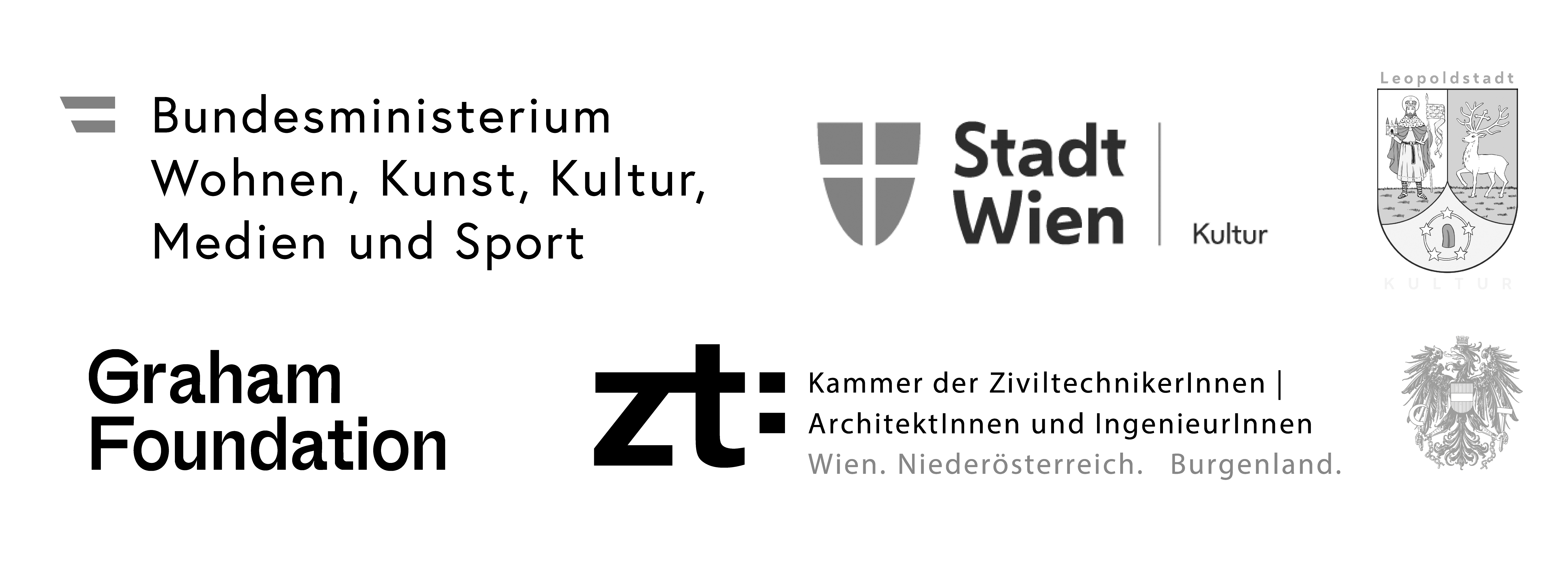XR ATLAS:
FROM PLATO’S CAVE TO THE METAVERSE
a lecture by
Paula Strunden
XR ATLAS: FROM PLATO’S CAVE TO THE METAVERSE
While the metaverse is becoming one of the buzziest words in technology, gradually making its way into architectural practice and research, the collaborative online platform XR Atlas offers under the umbrella term of extended reality an alternative roadmap to enter and understand the history of virtual, augmented and mixed reality. Instead of presenting a comprehensive historical overview of the technological advances over the last centuries, lesser-known examples from literature, film, theatre and multimedia arts are gathered that speculate on human perception/construction of space in the liminal, the gap, the in-between of our material and virtual worlds.
XR Atlas aims to extend and subvert the dominant narrative of VR as an escape from reality, and question whether a more embodied, enacted and embedded understanding of virtual technologies, freed from their representational capacities, could open up the field for narrative, fictional and speculative design proposals and a new form of spatial research native to the medium.
While the metaverse is becoming one of the buzziest words in technology, gradually making its way into architectural practice and research, the collaborative online platform XR Atlas offers under the umbrella term of extended reality an alternative roadmap to enter and understand the history of virtual, augmented and mixed reality. Instead of presenting a comprehensive historical overview of the technological advances over the last centuries, lesser-known examples from literature, film, theatre and multimedia arts are gathered that speculate on human perception/construction of space in the liminal, the gap, the in-between of our material and virtual worlds.
XR Atlas aims to extend and subvert the dominant narrative of VR as an escape from reality, and question whether a more embodied, enacted and embedded understanding of virtual technologies, freed from their representational capacities, could open up the field for narrative, fictional and speculative design proposals and a new form of spatial research native to the medium.
08.10.2022 7pm
at MAGAZIN
Space for Contemporary Architecture
Weyringergasse 27i, 1040 Vienna
Paula Strunden
Paula Strunden (*1991) is a transdisciplinary VR artist who studied architecture in Vienna, Paris and London and worked at Raumlabor Berlin and Herzog & de Meuron Basel. Since 2020, she is conducting her practice-based PhD as part of the European research project “TACK - Communities of Tacit Knowledge: Architecture and its Ways of Knowing” under the direction of Angelika Schnell at the Institute of Art and Architecture at the Academy of Fine Arts Vienna. Her room-scale VR installations have been exhibited at the Architecture Biennale Tallinn, Royal Academy of Arts London, Eye Filmmuseum Amsterdam and nominated for the Dutch Film Award “Gouden Calf” in the category Best Interactive (2020). As Associate of Store and co-founder of the educational initiative Virtual Fruits, Paula Strunden leads workshops, after-school clubs and summer schools at public universities and cultural institutions internationally. Since 2018 she teaches VR courses at the Architectural Association in London and at the Academia van Bouwkunst in Amsterdam and advocates, as founder of the internet platform www.xr-atlas.org, an inter- and transdisciplinary historiography of virtual technologies.
www.paulastrunden.com
www.tacit-knowledge-architecture.com
CREDITS:
The educational online platform 'XR-ATLAS' is part of a project that has received funding from the European Union’s Horizon 2020 research and innovation program under the Marie Skłodowska-Curie grant agreement No 860413.
Design and Code: Alessia Scuderi
Paula Strunden (*1991) is a transdisciplinary VR artist who studied architecture in Vienna, Paris and London and worked at Raumlabor Berlin and Herzog & de Meuron Basel. Since 2020, she is conducting her practice-based PhD as part of the European research project “TACK - Communities of Tacit Knowledge: Architecture and its Ways of Knowing” under the direction of Angelika Schnell at the Institute of Art and Architecture at the Academy of Fine Arts Vienna. Her room-scale VR installations have been exhibited at the Architecture Biennale Tallinn, Royal Academy of Arts London, Eye Filmmuseum Amsterdam and nominated for the Dutch Film Award “Gouden Calf” in the category Best Interactive (2020). As Associate of Store and co-founder of the educational initiative Virtual Fruits, Paula Strunden leads workshops, after-school clubs and summer schools at public universities and cultural institutions internationally. Since 2018 she teaches VR courses at the Architectural Association in London and at the Academia van Bouwkunst in Amsterdam and advocates, as founder of the internet platform www.xr-atlas.org, an inter- and transdisciplinary historiography of virtual technologies.
www.paulastrunden.com
www.tacit-knowledge-architecture.com
CREDITS:
The educational online platform 'XR-ATLAS' is part of a project that has received funding from the European Union’s Horizon 2020 research and innovation program under the Marie Skłodowska-Curie grant agreement No 860413.
Design and Code: Alessia Scuderi

